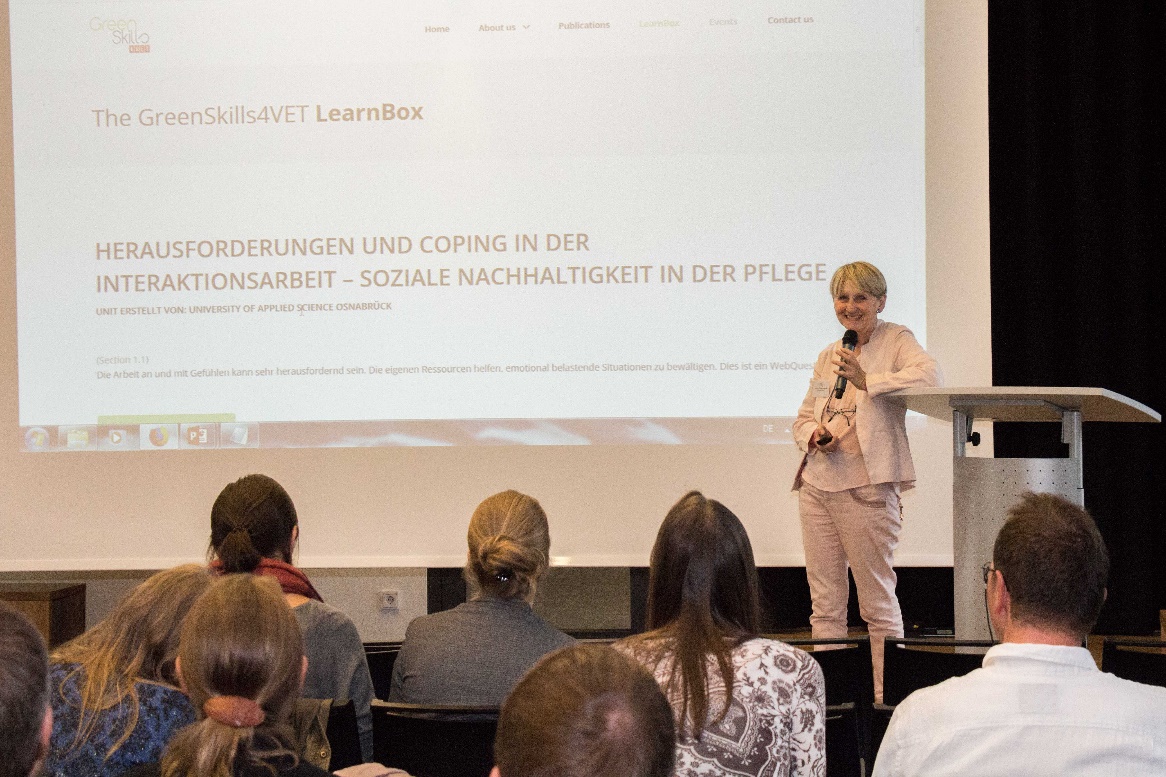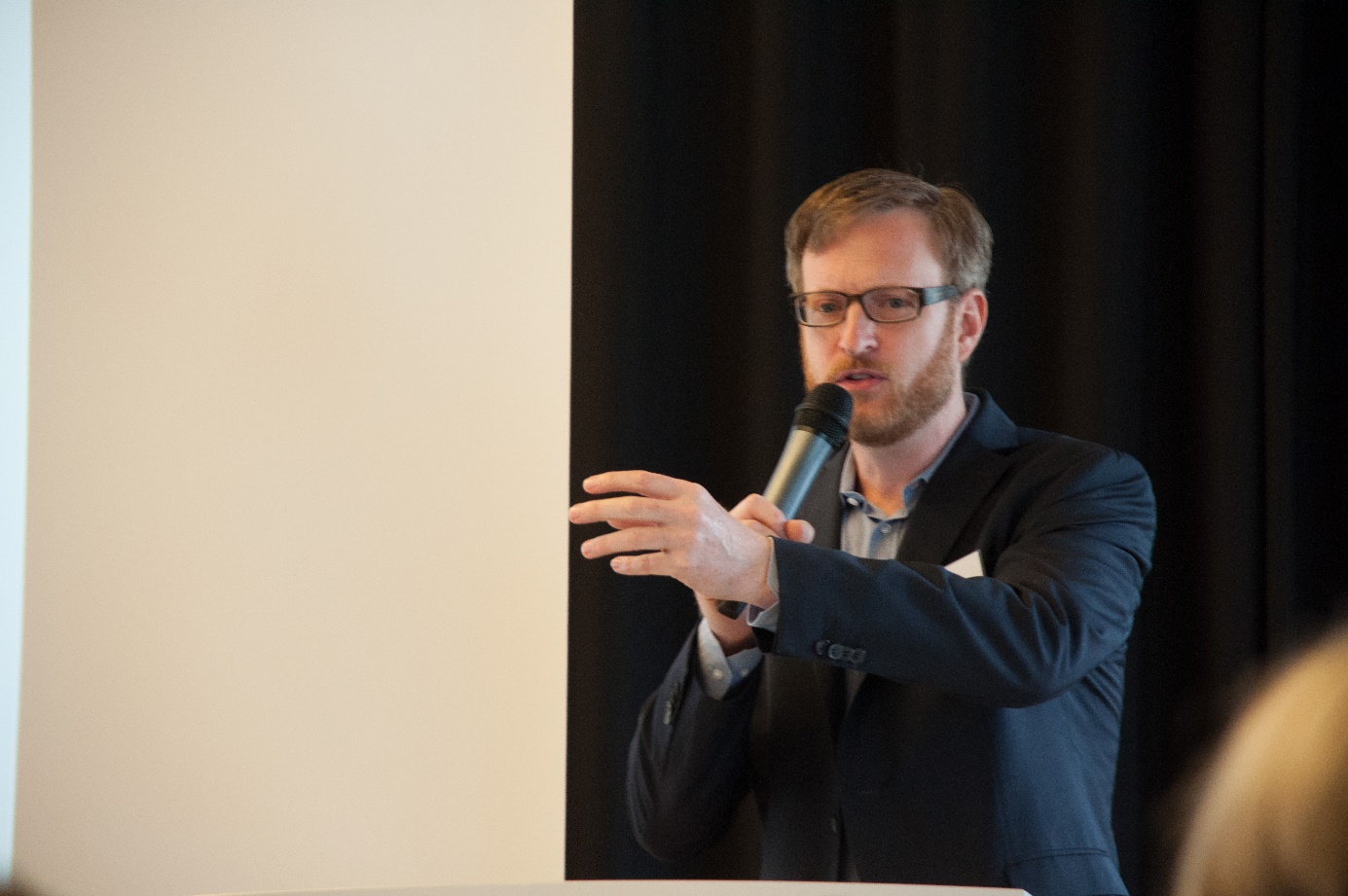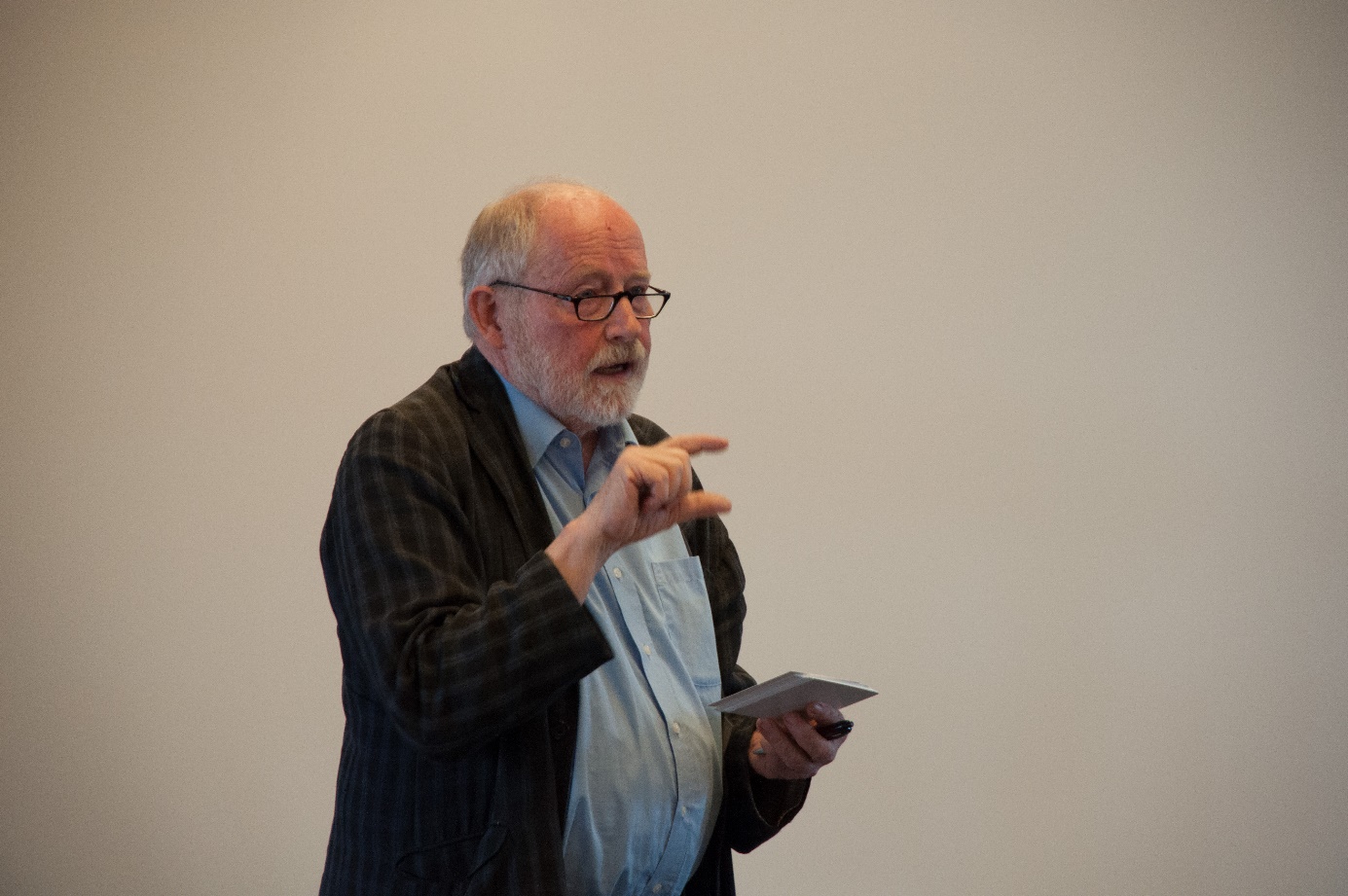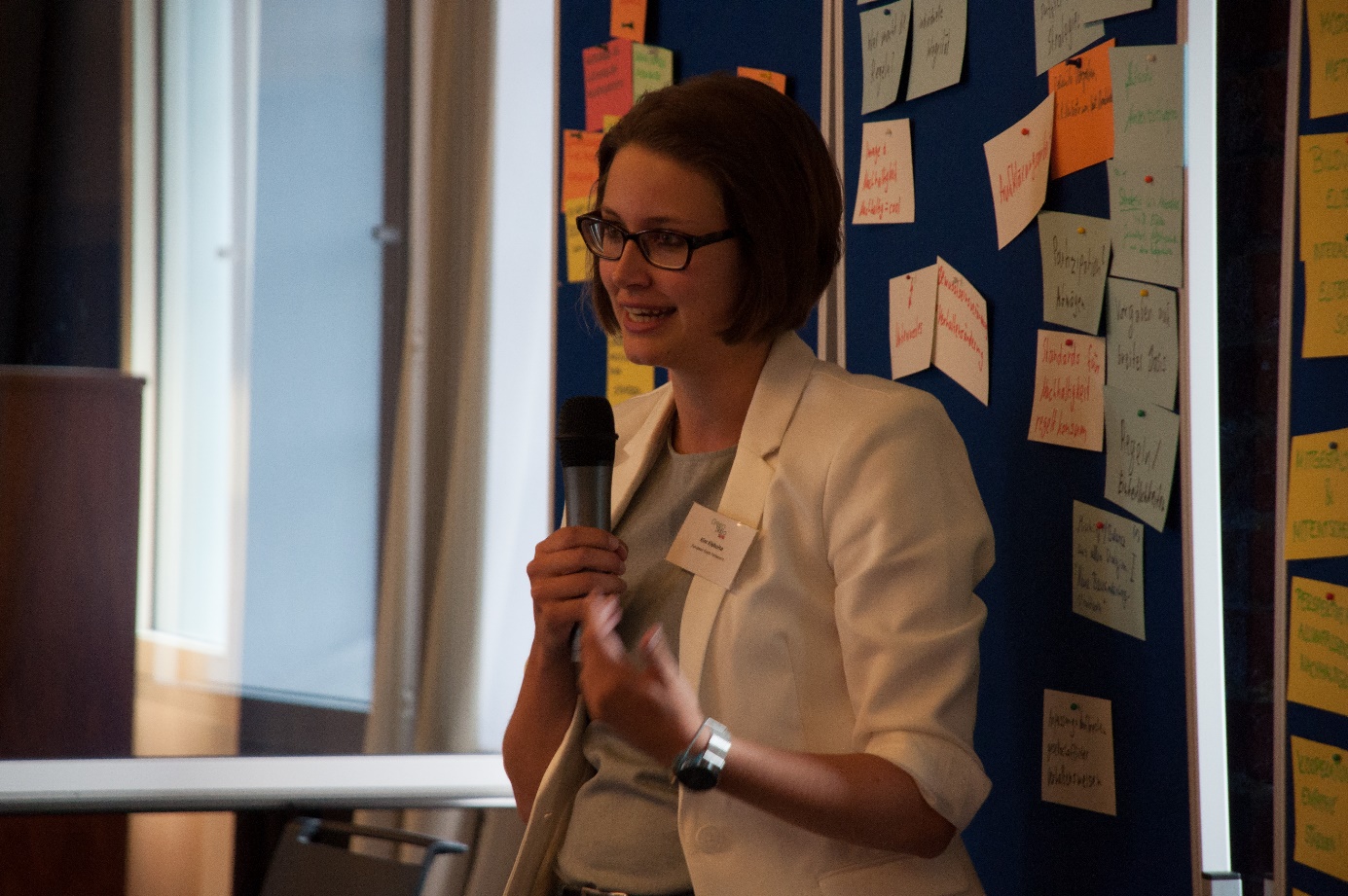Downloads:
- Kumbruck – Panel 1 Herausforderungen und Bewältigung von Interaktionsarbeit in der Pflege
- Kumbruck – Projekt Greenskills4vet
- Ollermann – Open Educational Resources
- Peitsch – Panel 2 GlobalSupplyChain
- Prinz – Entwicklung zur Nachhaltigkeit: Welchen Beitrag kann Bildung leisten?
- Senghaas-Knobloch – Soziale Nachhaltigkeit und Sorgetätigkeiten am Beispiel Pflegearbeit
- Wrobel – Nachhaltigkeit in Wirtschaft und Logistik: Zwischen ökologischen Notwendigkeiten und ökonomischer Verantwortung
Prominent speakers like Eiken Prinz (CLUB OF ROME schools), Prof. Dr. Eva Senghaas-Knobloch (University of Bremen), Prof. Dr. Heiko Wrobel (Fraunhofer Institut, Center for Applied Research on Supply Chain Services SCS, Nürnberg) inspired a vivid dialogue between all guests and contributors: “How can solutions benefitting ecological necessities and economical responsibilities be found and communicated to young adults?” “Why and how to provide sustainability-related knowledge, train green skills and how to communicate competences for a sustainable development of society in schools and job-trainings?”
Professor Dr. Frank Ollermann (VirtUOS, University of Osnabrueck) then reported about chances and limits of so-called Open Educational Resources (OER). This is the format of all Erasmus+ project-results in order to allow for a dissemination of the products as easy as possible. Interested trainers and teachers can access the comprehensive materials in 5 languages on the GreenSkills4VET-website for free.
Prof. Dr. Christel Kumbruck, head of the project, emphasized: “Developing the Learning-Units, we took care to ensure that learners can be actively integrated. For example, we implemented so-called WebQuests: Using this specific OER-Type, the trainees or students have to search for answers in provided online-sources (quest the web) in a self-regulated manner.” This learning and teaching paradigm become more understandable in the two panels where the OER learning units and the experiences in the practise were presented and discussed – together with VET-teachers.
The interdisciplinary exchange and between Science and Practice was very fruitful. Like a thread runs through the whole conference – especially in the World Café – the discourse how to solve the area of conflict between ecological, social and economic sustainability and how to solve it in common and in concrete situations at job, as an trainee?
At the end Prof. Wolfgang Seyfert (University of Applied Sciences Osnabrück) played the chanson La Mer (from Charles Trenet) on his trumpet to emphasize one of the conclusions of the conference: the first priority in the development for a sustainable world has the nature before society or economy.

Prof. Dr. Christel Kumbruck (University of Applied Sciences Osnabrück)

Prof. Dr. Heiko Wrobel (Fraunhofer Institut, Center for Applied Research on Supply Chain Services SCS, Nürnberg)

Henrik Peitsch (University Oldenburg), presents the logistics learning unit of university Kassel

Kim Klebolte (University of Applied Sciences Osnabrueck) as Moderator of the World Cafe
Das Erasmus+-Projekt GreenSkills4VET hat am 15-6-2018 seine Abschlusskonferenz durchgeführt. Projektziel ist es, das Verständnis für nachhaltige Entwicklung (ökonomisch, ökologisch und sozial) in die berufliche Ausbildung zu bringen und hierzu exemplarische Lerneinheiten für die Berufe Kaufmann/-frau Spedition und Logistikdienstleistung sowie Gesundheits-/Krankenpflege als Open Educational Resources (OER) zu erstellen. Die daraus resultierende LearnBox mit 7 Lehreinheiten in jeweils 5 Sprachen wird auf der Website www.greenskills4vet.eu gerade aufgefüllt. Herausragende Referenten wie Eiken Prinz, Bildungsreferentin CLUB OF ROME Schulen, Prof. Dr. Eva Senghaas-Knobloch (Uni Bremen), Prof. Dr. Heiko Wrobel (Fraunhofer Institut, Center for Applied Research on Supply Chain Services SCS, Nürnberg) regten zum intensiven Austausch darüber an, wie zwischen ökologischen Notwendigkeiten und ökonomischer Verantwortung Lösungen gefunden und an junge Menschen vermittelt werden können.
